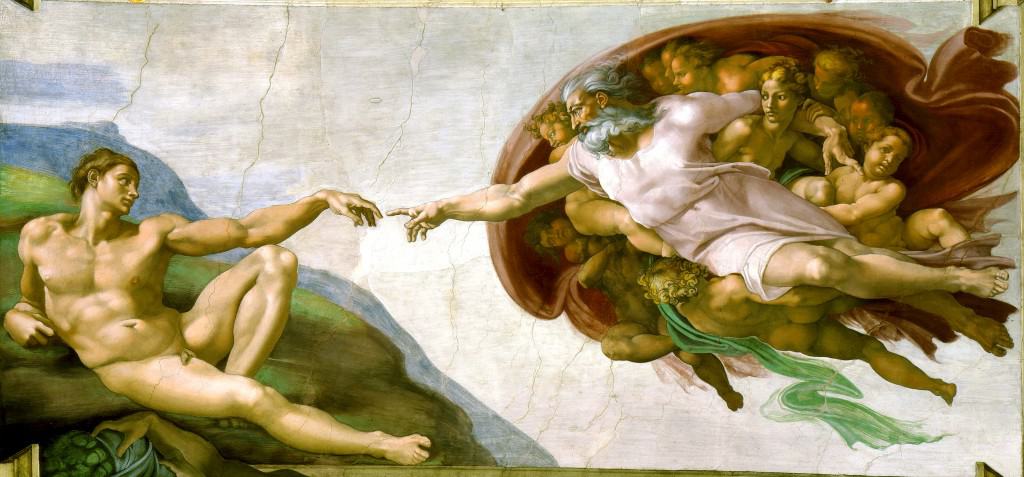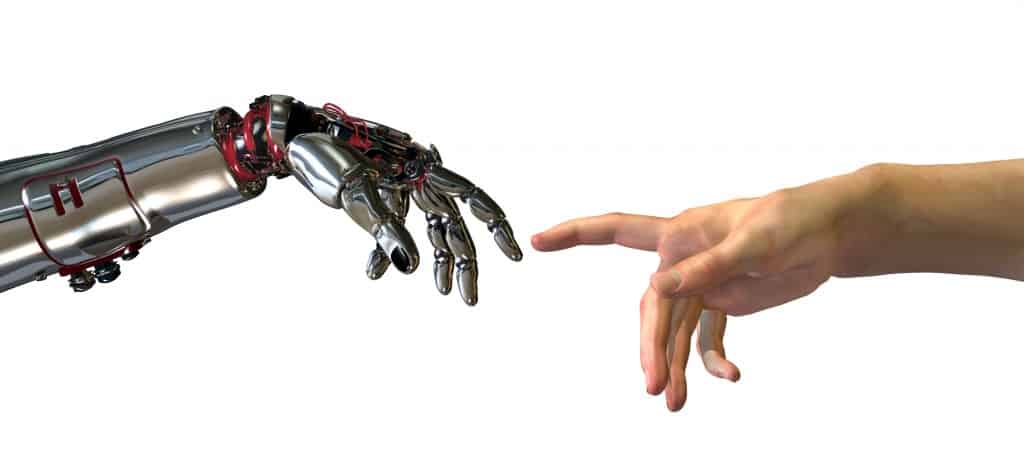There has always been a battle between science and religion. Everyone is familiar with Galileo being tried by the Church for suggesting that the earth revolves around the Sun and not the other way around. The Scopes Monkey Trial is another Example of the “debate” between religion and science. That battle still rages today.
The US House Science Committee is a depressing example of this stranglehold. Paul Broun, a member of the committee, famously remarked that embryology, the Big Bang Theory, and evolution are lies from the pit of hell. He also claims the earth was created in six days and is only nine thousand years old. Despite quite literally the mountains of data and evidence we have to disprove his hypothesis, so many still believe him. And what’s even scarier is that he is a medical doctor.
Before this article goes further, I want to make it clear that I do not mean to beat up on religion or the people who adhere to strict religious practices. Many of America’s religious are the citizens who run food pantries, feed the poor, and heal the sick. They are the same good people who shelter the homeless from the cold and offer compassion to the lonely. We should all applaud these actions that show the best humanity has to offer and aspire to do the same. With the Christmas season upon us, now more than ever we should champion and support their generous and selfless actions that bring joy to so many. But at the same time, we should not reject science just because it conflicts with long-held beliefs; we must learn to separate the two to ensure the survival and peaceful coexistence of both.

Religion is not Science
Much of the contention is due to religious philosophy being passed off as science. Intelligent Design “Theory” is used as a counter argument against evolution. With the recent gains religious conservatives have made in government over the past few elections, news of school boards trying to get intelligent design into the classroom has increased. Their argument is that evolution shouldn’t be the only thing taught and that students should be thinking critically and considering alternatives. As a scientist, I agree and welcome that line of thinking, but the alternatives have to be scientifically based alternatives, not theological. If we are going to consider that the Earth was created by god in six days, what’s to stop us from saying Zeus hurls thunderbolts down from mount Olympus and Poseidon is responsible for Hurricane Sandy as alternatives to earth science?

The Problems with God’s Will
The phrase you hear so often after tragedies, “because God willed it,” is a threat to science and technology. If a young girl asks why her house was destroyed by a tornado and is told it is god’s will, you are robbing her of an opportunity to learn about weather patterns and storm fronts of different temperatures and pressures colliding to make tornadoes. We are stealing from that child a moment in their life that could start his or her interest in learning about earth science and may lead them to be meteorologists or technologists who come up with better early warning systems that could save lives. By resigning ourselves to the hand of god explanation, we keep mankind from doing what it does best: inventing tools to adapt and overcome challenges. Using god as an explanation for why things happen, good or bad, removes much of the mystery and wonder from life. A shooting star is much more beautiful when you realise it is a mass of rock that has been hurtling through space, past other planets and solar systems, seeing things first hand what most humans could only dream of, with such great speed that when it hits the atmosphere of Earth it catches fire and streaks across the night sky. Isn’t that much more wonderful than just a star that fell from heaven when a god checked in on humanity?
